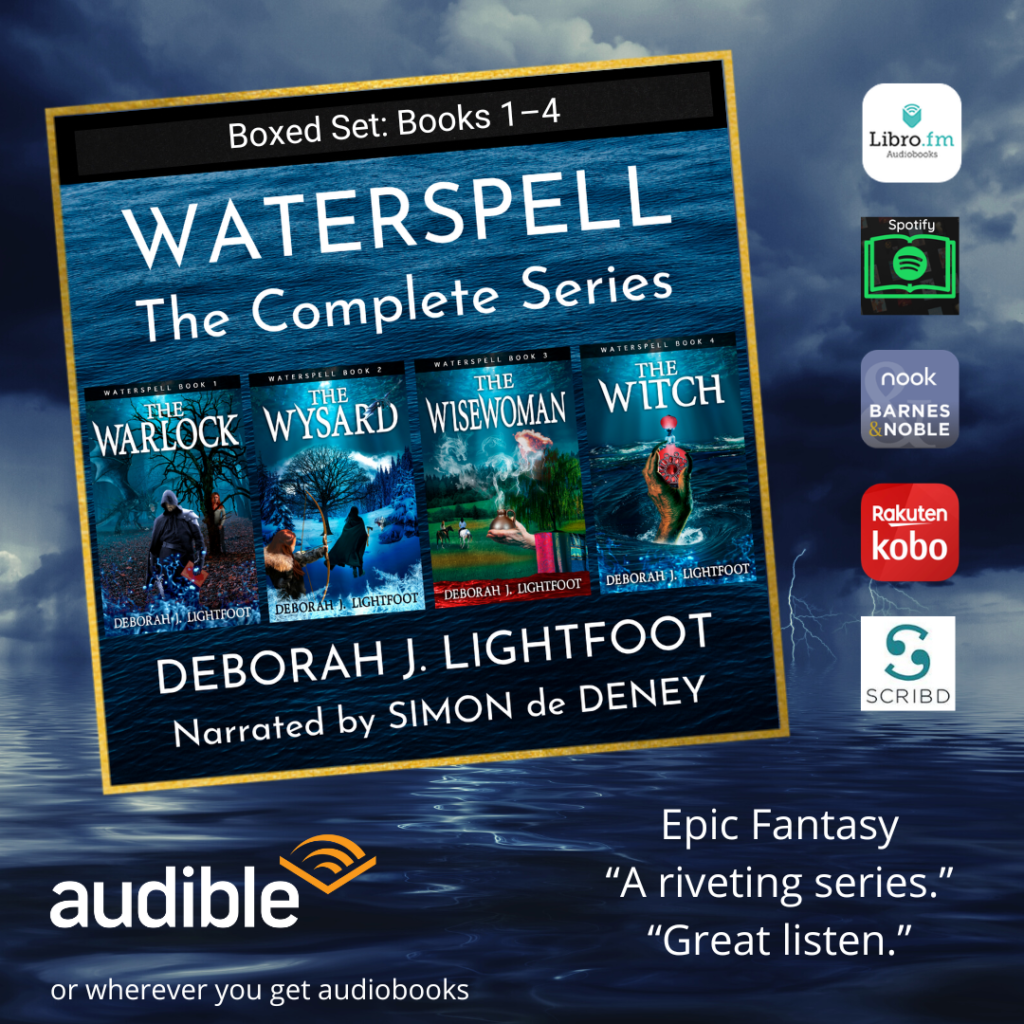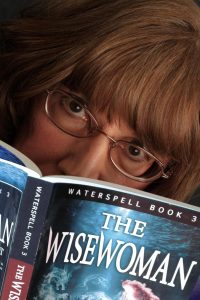 “The road to hell is paved with adverbs,” says Stephen King in his excellent book, On Writing: A Memoir of the Craft.
“The road to hell is paved with adverbs,” says Stephen King in his excellent book, On Writing: A Memoir of the Craft.
When I first tried my hand at fiction, it took me a while to understand that adverbs and adjectives are methods of telling, not showing. Oh, I’d been warned away from adverbs since high school or before. In my writing I’ve always favored strong verbs over weak-verb-plus-adverb combinations: “race” or “sprint” is stronger than “run quickly.”
But as I made the transition from nonfiction and began writing novels, I somehow got it into my head that unusual or quirky adjectives would add layers of meaning and color to my nouns. I wasted time digging through thesauri and even crossword puzzle dictionaries looking for nifty adjectives that writers before me had seldom dared to use:
rubicund, benignant, recondite, brumous …
Well, maybe not these exactly, but you get the idea. For a while I was pleased with myself for taking the time to find exactly the right adjective to describe to the nth degree precisely what I wanted the reader to know about any given noun.
Then it came time to read my fiction aloud. Thank heavens I read my drafts out loud to myself before taking them to my critique group. Scritch, scritch, scritch — my red pen stayed busy striking through all those distracting, unnecessary adjectives.
The experience taught me that nouns and verbs show, but adjectives and adverbs tell. In any sentence, it’s preferable to use a solid, precise noun and a vigorous, precise verb. Tack on the modifiers only if they’re really, truly needed.
Don’t write: “The cat, predominantly white with red and black patches, snuck up on the green and gray bird.”
Write: “The calico stalked the parakeet.”
Noah Lukeman devotes chapter 2 of The First Five Pages (Fireside, 2000) to adjectives and adverbs. Lukeman says: “Most people who come to writing for the first time think they bring their nouns and verbs to life by piling on adjectives and adverbs, that by describing a day as being ‘hot, dry, bright and dusty’ they make it more vivid. Almost always the opposite is true … Adjectives and adverbs often, ironically, weaken their subjects. It is as if the writer were saying to the reader, ‘This noun (or verb) is not strong enough to stand on its own, so I will modify it (or build it up) with a few adjectives (or adverbs).”
Overusing adjectives was a passing phase in my fiction-writing career. Now with every read-through of a manuscript, I’m ruthless about cutting the modifiers. Keeping in mind that “Less is more,” I search for any word, phrase, sentence, or paragraph that I can cut.
“In composing, as a general rule, run your pen through every other word you have written; you have no idea what vigor it will give your style.” —Sydney Smith, Lady Holland’s Memoir (1855)








